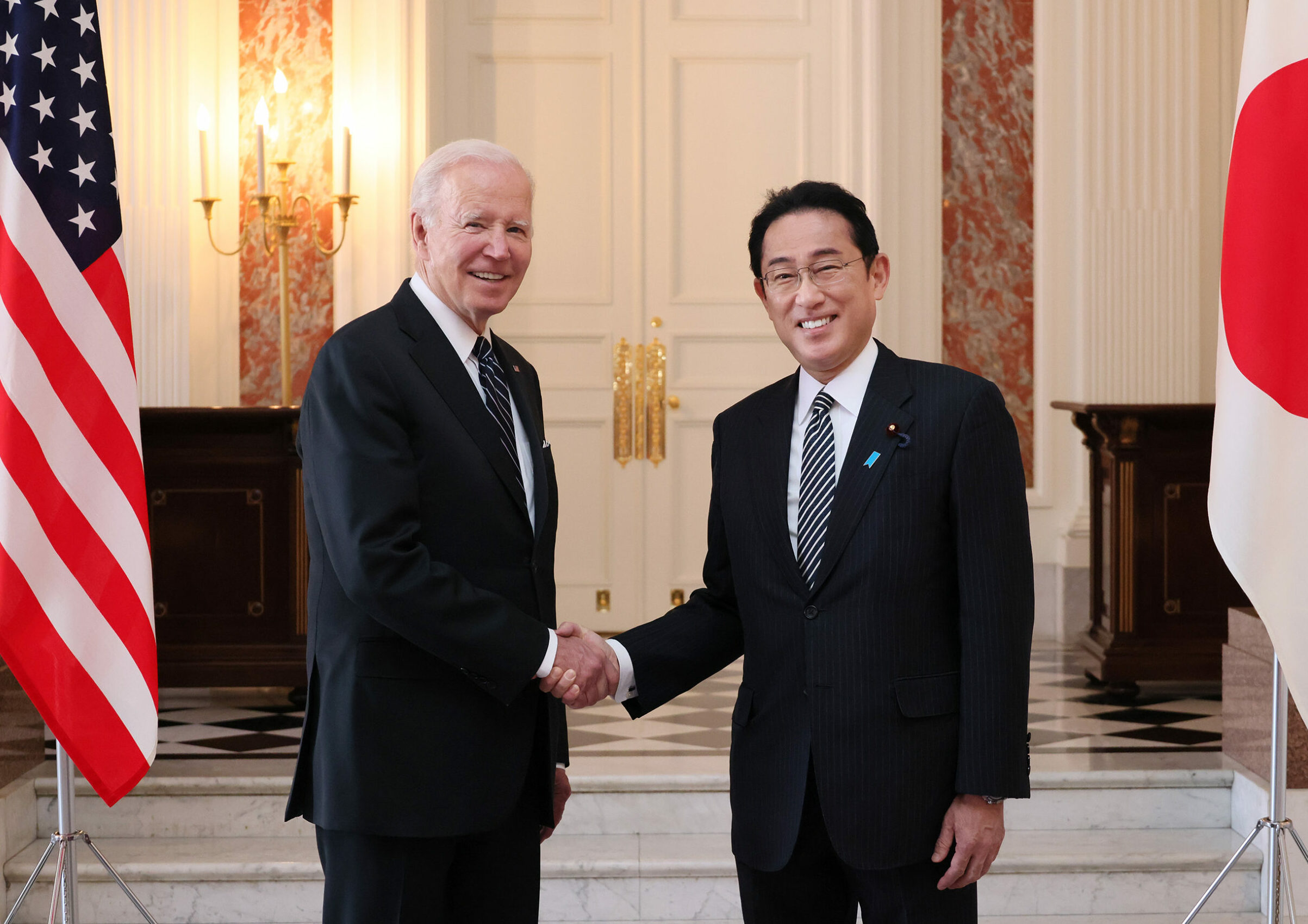All the anti-China agreements between the US and Japan on electric car batteries

The United States and Japan agree on critical minerals for batteries, opening the possibility for Tokyo to access American subsidies for electric cars. The European Union would like the same for itself and is negotiating with Biden
The United States and Japan reached a trade deal on critical minerals for electric vehicle batteries on Tuesday. The agreement will ease the economic tensions between the two allies created by the Inflation Reduction Act , and will help Joe Biden's administration implement its plans to detach from China, which dominates the supply chains of raw materials for the energy transition.
America intends to strengthen its supply chains of critical minerals together with like-minded partners , i.e. with similar political-ideological countries, in order to reduce the risks of excessive exposure to China (its great rival) and protect economic security and stability.
WHAT THE UNITED STATES-JAPAN AGREEMENT PROVIDES FOR
Under the agreement, which will be reviewed every two years, neither Washington nor Tokyo will be able to impose export tariffs on lithium, cobalt, manganese and nickel (all metals used in batteries). The two countries will also share information on possible violations of workers' rights in the critical minerals supply chain and will work to combat "non-market policies and practices" (the implicit reference is to China).
The timing of the pact is also relevant: the Biden administration is in fact close to publishing the guidelines for electric car manufacturers who want to access the tax credits provided for by the Inflation Reduction Act.
The law, worth a total of 369 billion dollars, aims to stimulate the US manufacturing of all clean energy technologies: not only electric cars and batteries, therefore, but also solar panels, wind turbines, electrolysers for hydrogen, nuclear reactors advanced and CO2 capture machinery, for example. Electric car manufacturers in the United States will be able to receive incentives (tax credits go up to $7,500 per vehicle) if they use raw materials and components produced domestically or in countries with which America has a free trade agreement. That is, specifically, Canada and Mexico; Japan and the Union are excluded, having no free trade agreements with Washington.
Tokyo, however, has probably obtained an exemption from the rule, perhaps in exchange for aligning with Washington onrestrictions on exports of advanced microchip technologies to China.
WILL JAPAN BE ABLE TO ACCESS IRA SUBSIDIES?
Japan's Economy, Trade and Industry Minister Yasutoshi Nishimura said on Tuesday that the deal with the United States will likely allow EVs containing metals processed in Japan to access Inflation Reduction Act tax credits However, the Financial Times writes that US officials have not confirmed this.
THE NEGOTIATIONS WITH THE EUROPEAN UNION
In early March, the United States and the European Union began negotiations on critical minerals for batteries similar to those Washington concluded with Tokyo. The objective of Brussels is also similar: to receive the same treatment reserved for Ottawa and Mexico City, so as to allow European materials and components to access the subsidies of the Inflation Reduction Act.
The Financial Times wrote that the United States has offered the Union to admit five minerals (lithium, cobalt, graphite, manganese and nickel) extracted or worked on European territory to the subsidies of the anti-inflation law.
This is a machine translation from Italian language of a post published on Start Magazine at the URL https://www.startmag.it/energia/stati-uniti-giappone-accordo-metalli-batterie/ on Wed, 29 Mar 2023 13:31:48 +0000.
